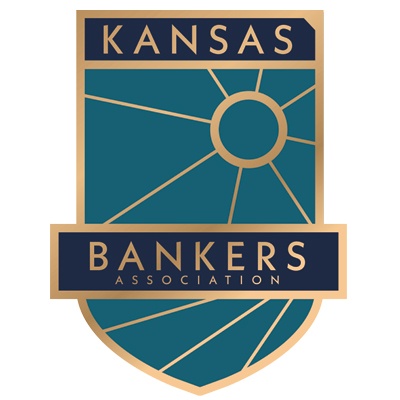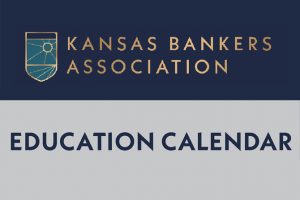On occasion, the KBA receives a request to become involved in a legal matter. Typically, the request is for the KBA to file an amicus curiae brief — or a “friend of the court” brief. In this case, the requesting bank was First Security Bank, headquartered in Beaver, Oklahoma. However, the case involved customers in Kansas and the enforceability of a waiver of the statute of limitations clause in a commercial promissory note under Kansas law. Since most of the commercial promissory notes used in Kansas contain this very clause, the KBA Board of Directors believed this request worthy of its investment.
Briefly stated, here are the facts of the case:
In June 2005, a couple (the Buehnes) executed a commercial promissory note with First Security Bank (FSB) to build two car washes in Kansas. Among other things, the note included a provision that stated that the signer waives “any available statute of limitations to the full extent permitted by law.” The Buehnes failed to make the required payments at the set times outlined in the note. Over the next several years, FSB sent the Buehnes overdue notices by mail with no response. In 2014, FSB filed a lawsuit against the Buehnes.
In 2019, the Buehnes moved for summary judgment, claiming that the statute of limitations had run. The Buehnes argued that the statute of limitations had started to run when FSB declared the loan to be in default back in 2006, and that it was now too late to sue.
The district court rejected the Buehnes motion for summary judgment and found in favor of FSB. The Court of Appeals concurred with the district court in an unpublished decision, thereby upholding the ruling. The Court of Appeals stated that the Buehnes had waived their right to raise the statute of limitations by signing the note, which had the waiver provision. The Court of Appeals also held that the waiver was not void against public policy.
... the Court held that a contract between parties is presumed legal and that the freedom to enter into contracts should not be interfered with lightly.

Supreme Court Ruling:
On Dec. 30, 2021, the Supreme Court of Kansas affirmed the decision of the Court of Appeals.
Relying on the importance of the freedom to contract, the Court held that a contract between parties is presumed legal and that the freedom to enter into contracts should not be interfered with lightly. Nevertheless, the Court also held that any contract violates public policy if it is injurious to the interests of the public, contravenes some established interest of society, violates some public statute, or tends to interfere with the public welfare or safety.
In this case, the Court found that the waiver in a commercial contract did not violate public policy because it did not cause the Buehnes to suffer any prejudice as it did not take away the ability of the Buehnes to try other legal remedies (e.g., laches or unconscionability) and that the inclusion of the phrase “ to the full extent permitted by law” constituted a sufficient safety valve to dispel other undue pressures on public policy.
In finding waivers are not void as a matter of law in a commercial contract, the Supreme Court put the burden squarely on the shoulders of the borrowers to show prejudice.
The KBA was represented in writing its amicus brief by Kersten Holzhueter with Spencer Fane LLP — a KBA Associate Member. Many thanks to Kersten for helping to argue for the parties’ freedom to contract in a commercial transaction.
Kathy Taylor, KBA EVP — General Counsel










